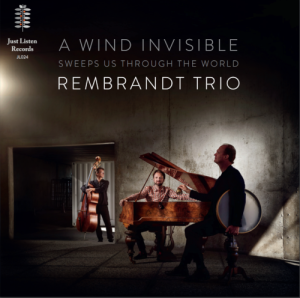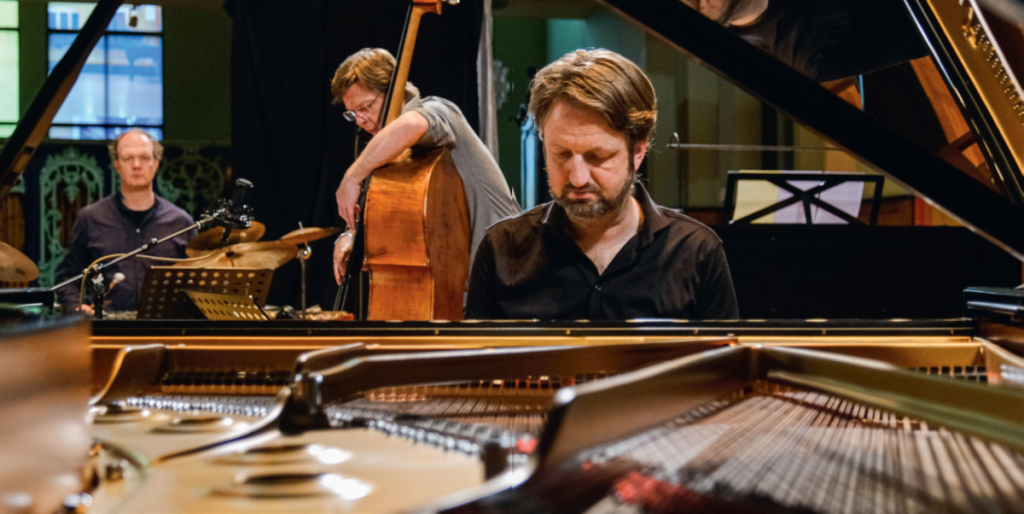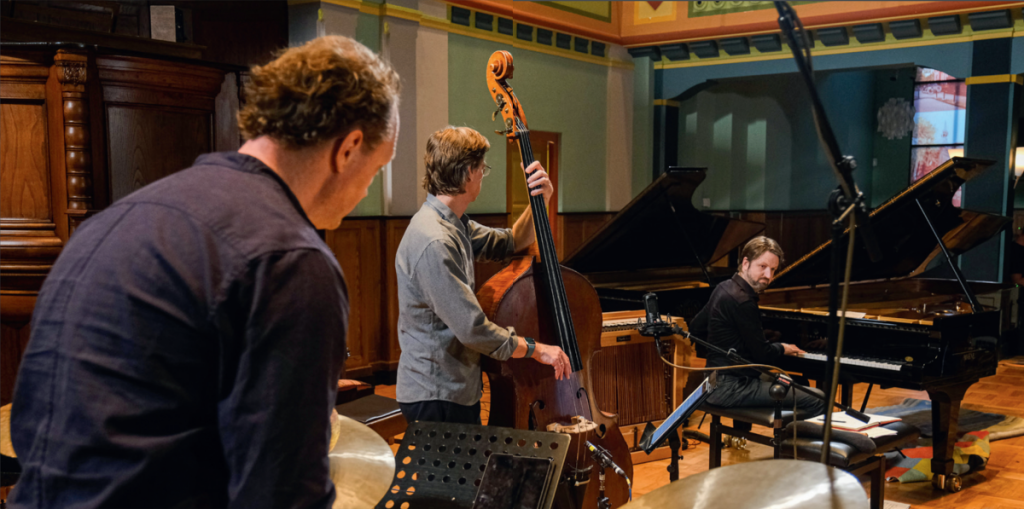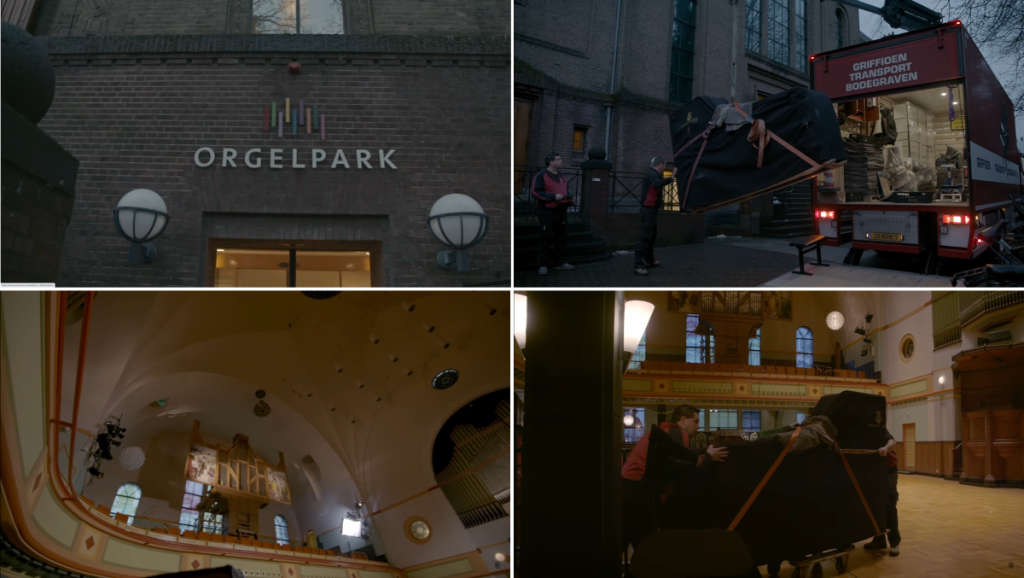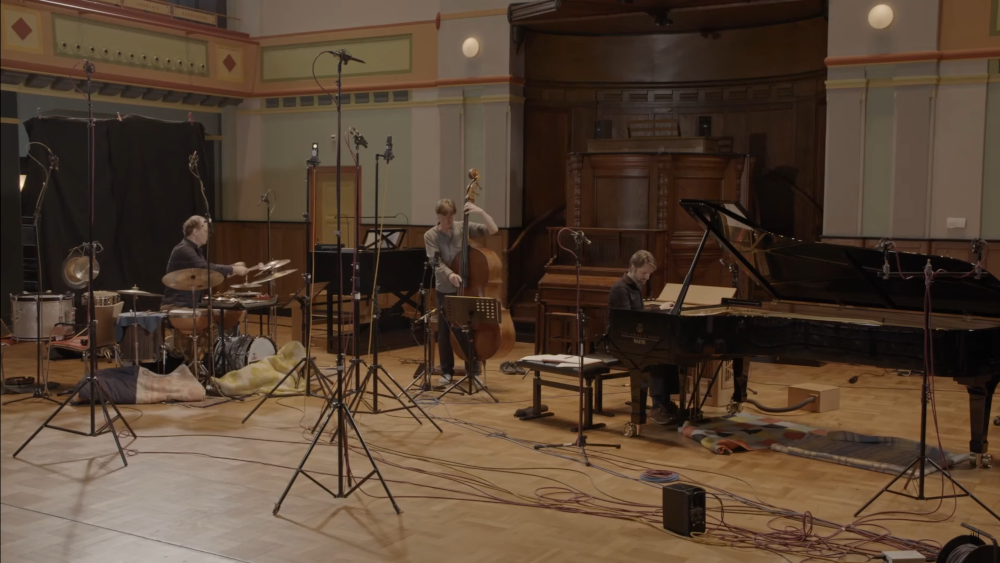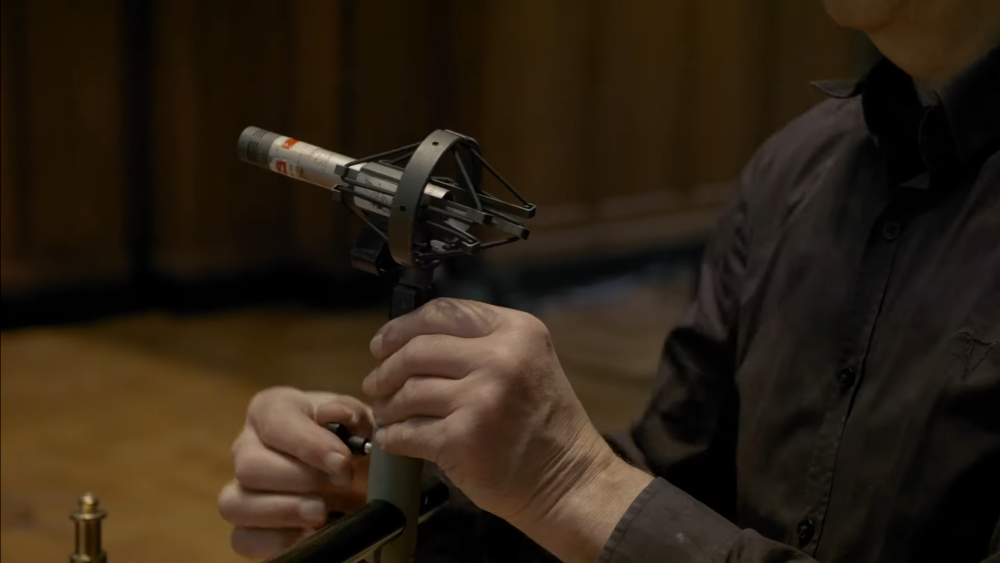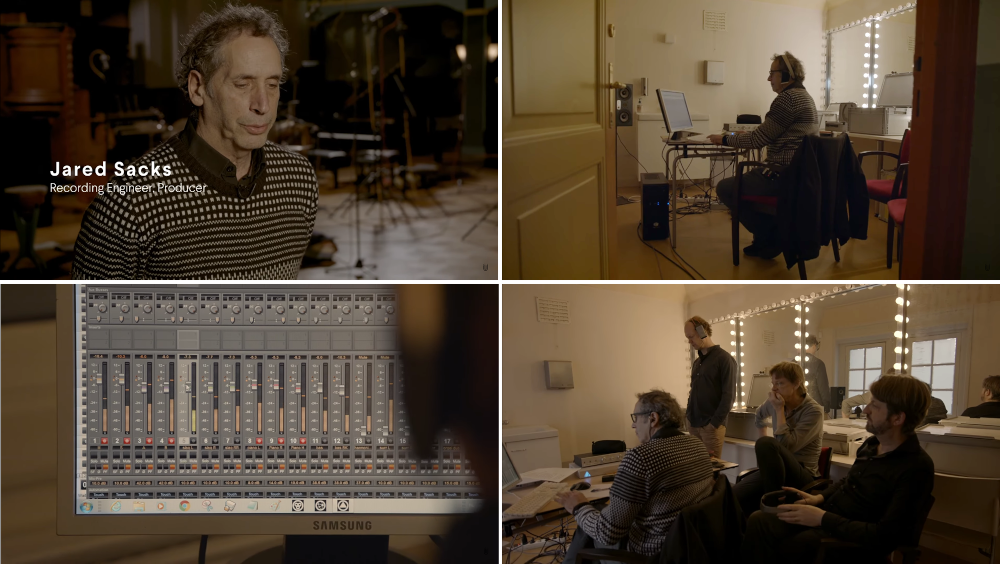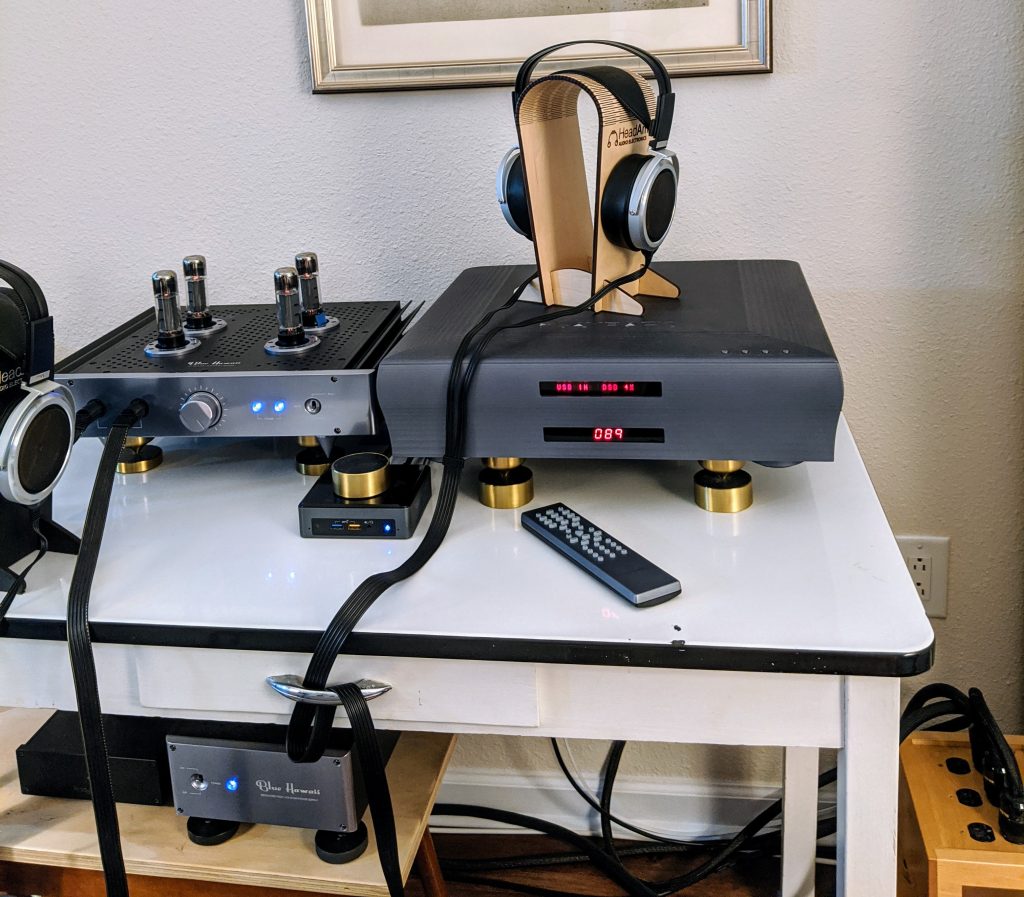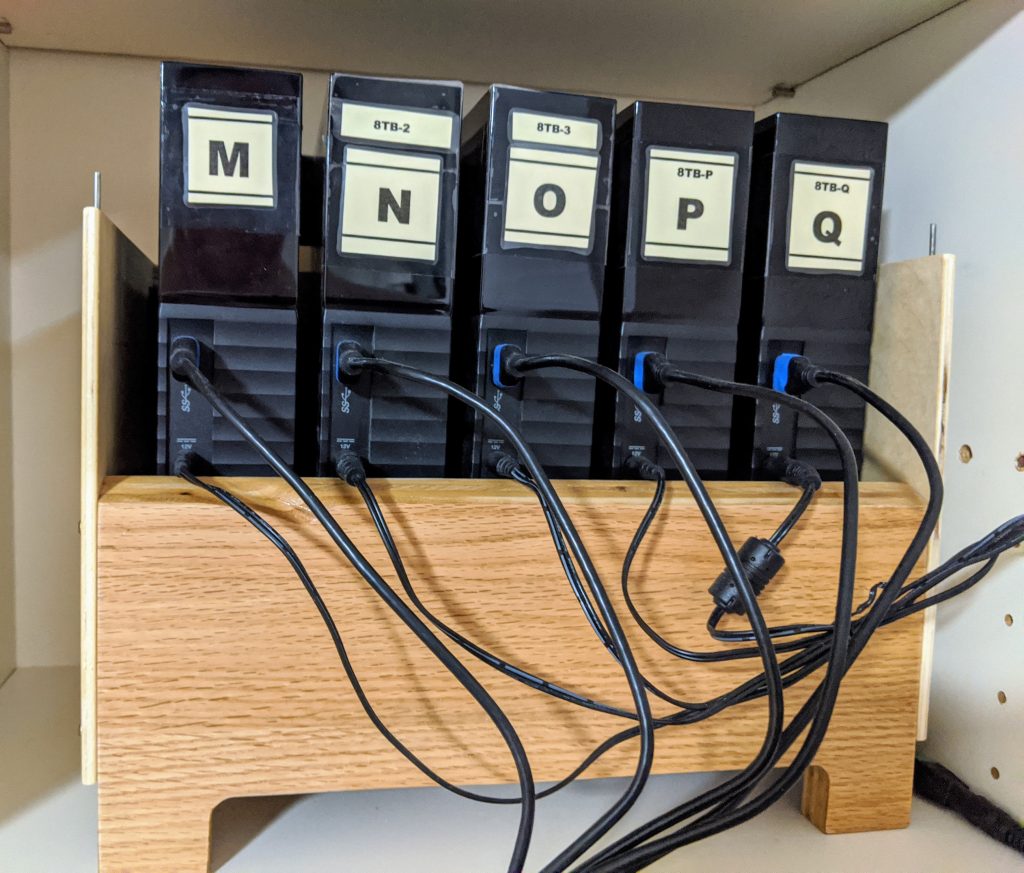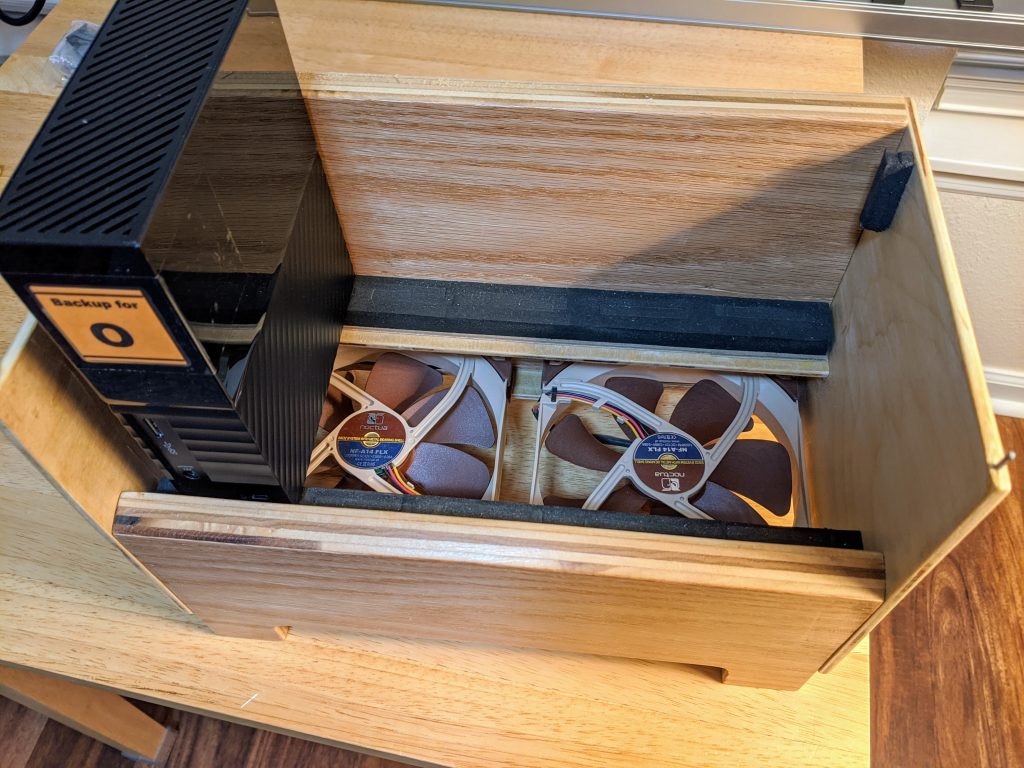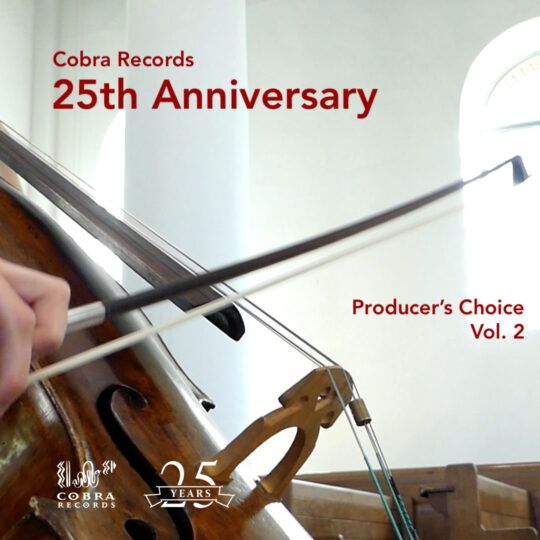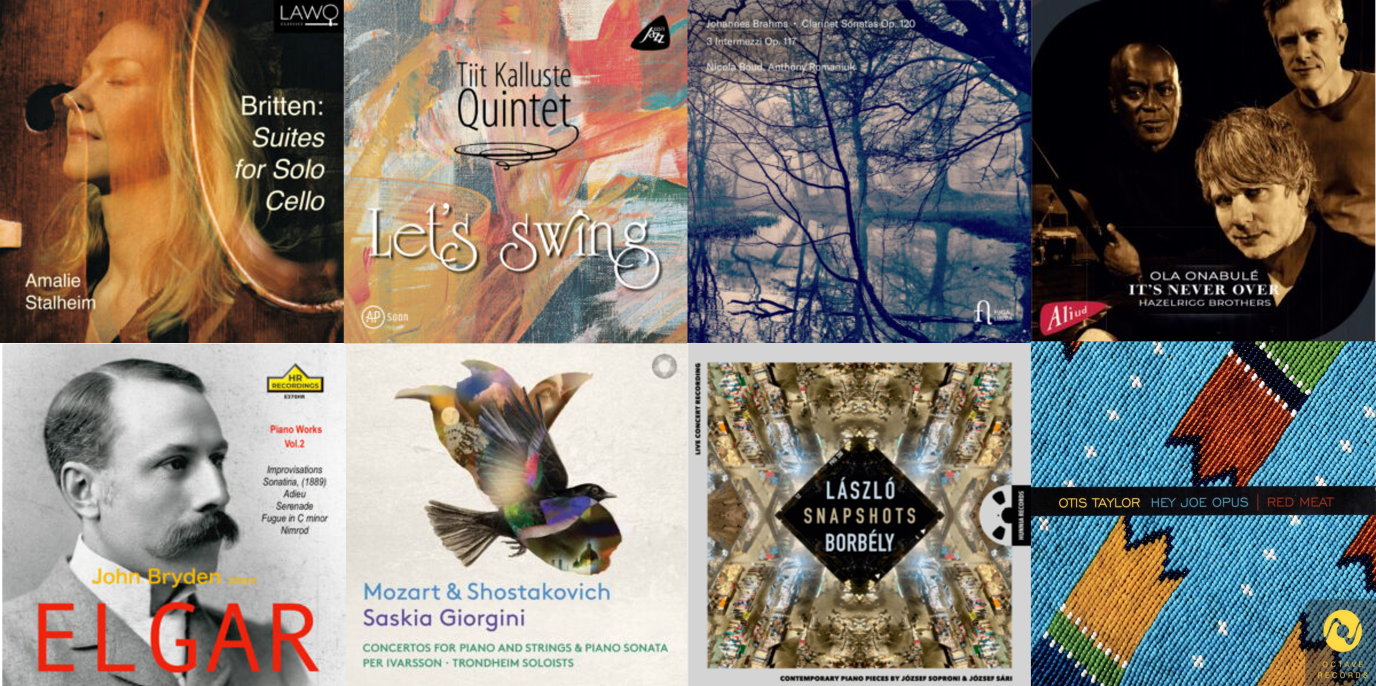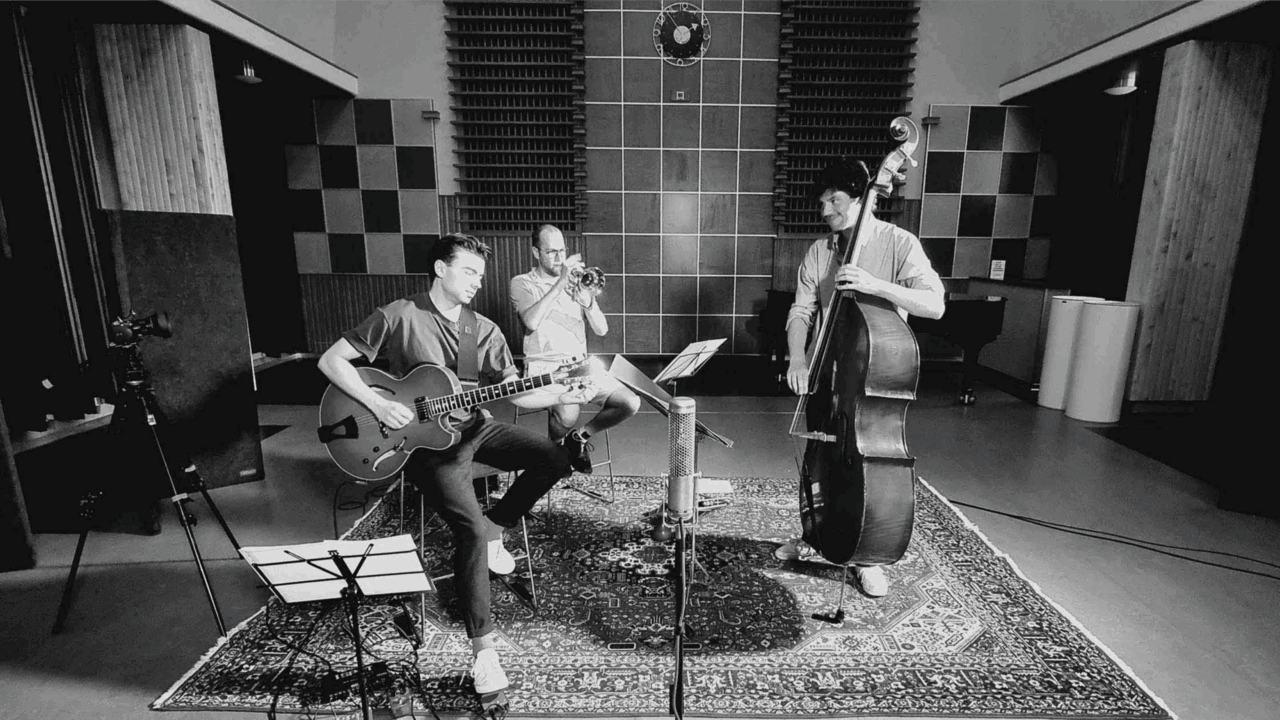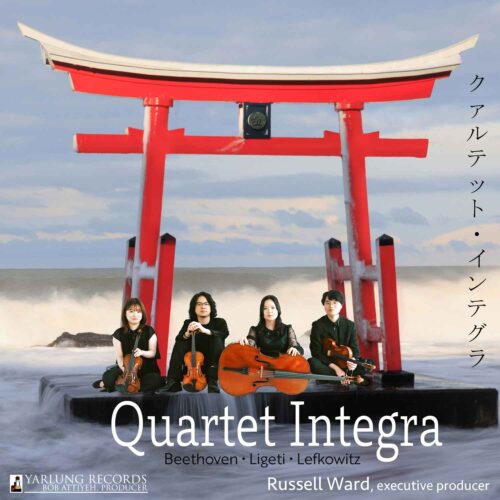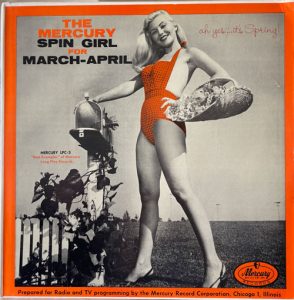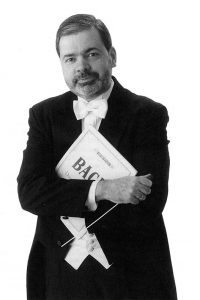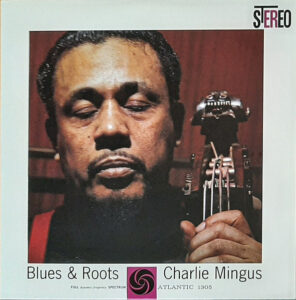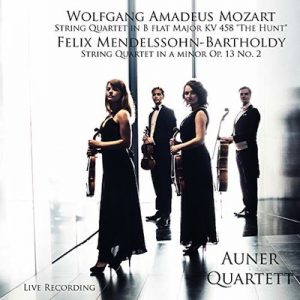Another strong outing by the Rembrandt Trio brings us once again into the fascinating cross-cultural musical explorations for which I so much value in their recordings. While grounded in their European musical tradition this group explores the world with open eyes and curiosity to learn from non-western musical traditions, thereby expanding their horizons.
A Wind Invisible Sweeps Us Through The World, Rembrandt Trio, Just Listen Records (2021 (24-352) HERE
The pandemic in 2020 - 2021 found the Rembrandt Trio remaining in place in The Netherlands. Forced to stay put and reflecting on the rich musical diversity of all their collaborations in over a decade of traveling the world together, the Trio decided to record an album of songs grounded in these cherished musical memories. They secluded themselves in a former church in Amsterdam, called Orgelpark, filled with antique organs, and recorded with Just Listen Records.
What comes from these recording sessions are compositions that feel timeless, have a universal quality about them, and connect across cultures. Often, the pieces were based on themes from different times and cultures; a Bach motif, a Chinese folk song, a whiff of Armenian folklore. Beautiful, strong melodies that connect.
The album title is taken from a poem by the great 13th century Persian scholar and poet Jalal ad-Din Muhammad Rumi (1207 - 1273), chosen for how it tries to capture the universality of music and conveys how curiosity drives the trio to travel and incorporate motifs, themes, and experiences from all over the world into their work:
THE UNSEEN POWER
We are the flute, our music is all Thine;
We are the mountains echoing only Thee;
And movest to defeat or victory;
Lions emblazoned high on flags unfurled-
They wind invisible sweeps us through the world.
R A Nicholson, in Persian Poems: an anthology of verse translations, edited by A.J.Arberry, Everyman’s Library, 1972
In the opening track, Rembrandt Frerichs initiates a rumination on the theme of this poem on organ; Tony Overwater picks up on double bass; Vinsent Planjer joins with gentle percussion; and the group is off on their exploration of this world by Rumi. This piece sets the tone for what we can expect throughout this album—hints of melodies right at the edge of our grasp, transformed by flavors at once exotic but ever so human. All performed with superbly musical craftsmanship and accord.
This is consummate jazz seasoned by years of traveling, performing and absorbing from cultures in all parts of the world. As Tony Overwater says in the video (link below), "We are always inspired by three main pillars as we call them. That's Classical Music, the Jazz, and what we call maybe Oriental music, Arabic music. When we travel we discover so many beautiful melodies and ways of playing. All kinds of backgrounds that sort of help us find new universal melodies. I think an album like this is like a crystallization in time. The repertoire that we gathered over the years and that comes to this melting point, along with we three individuals who have been working and traveling together."
Orgelpark gave the Trio a perfect venue for this reflective self-exploration, self-discovery, as they assembled this album. This former church, now a haven for organists because of its large collection of historical organs, has very specific and beautiful acoustics. Rembrandt, a descendant of two generations of church organists, found himself drawn to trying out the sounds of the box organ and the Sauer organ incorporated into several of the pieces. The space itself, with its specific reverberations became another player in this band of three.
Master recording engineer Jared Sacks performs once again his magic in capturing all of this in as acoustically natural a manner as one might wish. True to his philosophy in establishing Just Listen Records as his jazz performance label, he sets the musicians up in this space as if they were making a live performance. Not separated by sound booths, no headphones listening to a mike feed, both he and the Trio agreed this recording would be a special acoustical experience as close to a live performance as they could make it.
As Jared comments, "We decided from the outset to still make them sit as if they were going to have a real concert. So that means the bass in the middle, piano on the right. But I don't want the sound of the piano to be so far right that, in the soundstage when listening, it is just not in balance. We have tried to get them so much together, and in panning the ensemble, I have also kind of artificially brought the piano more into the middle of the sound. It seems to work, and everybody seems very happy with the sound. And it is all inspirational for them."
Just Listen Records created a very nice YouTube video about the making of this album. I recommend it:
Photos courtesy of Just Listen Records.




